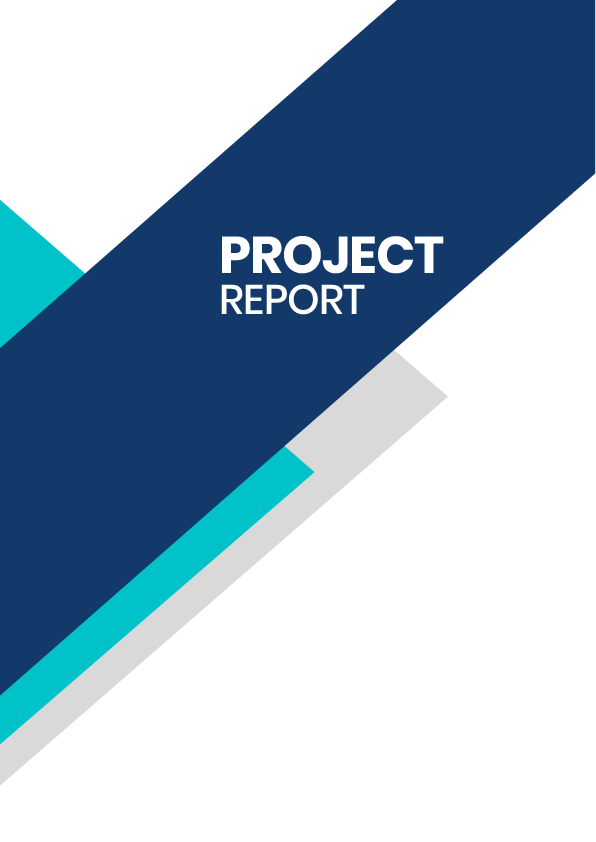Related Keywords
- Spice Blending
- Flavor Enhancing
- Herb Mixing
- Condiment Production
- मसाला निर्माण
- स्वाद मिश्रण
What are the Latest Trends in Seasoning Making Business?
- Healthier Options: People want seasonings that are good for them. Businesses mix in natural ingredients like turmeric or ginger, which help with health, instead of just salt or sugar. More buyers pick these because they care about eating well, so companies make blends that taste good and keep you healthy.
- Bold and New Flavors: Customers enjoy trying exciting tastes from around the world, like spicy Korean or tangy Mexican mixes. Seasoning makers experiment with fresh ideas to keep things fun. This pulls in people who like to cook different meals and try new things at home.
- Eco-Friendly Packs: Shoppers worry about the planet, so businesses use packaging that breaks down easily or can be reused. They also grow spices in ways that don’t harm nature. This makes buyers happy because they feel good about choosing products that help the earth.
- Ready-to-Use Mixes: Busy people want quick meals. Seasoning companies create all-in-one blends for dishes like pasta or curry, so you don’t need lots of spices. These save time and make cooking simple, which fits the fast lives of many customers today.
Top 4 Benefits of Starting a Seasoning-Making Business
- Earn High Profits with Low Costs: You can make seasonings without spending too much money. People love unique flavors and are ready to pay more for them. When you sell at the right price, you can earn big profits while keeping costs low.
- Sell to a Growing Market: More people want tasty and healthy food. The demand for seasonings is growing fast. You can sell your seasonings in supermarkets, restaurants, or online. Many people are looking for homemade, organic, or special spice blends.
- Start Small and Grow Fast: You don’t need a factory to start. You can make seasonings at home and sell them online or in local markets. As your business grows, you can increase production, reach more customers, and make more money.
- Build a Strong Brand: People love food brands with a story. If you focus on high-quality, organic, or special seasonings, customers will keep buying from you. A good brand helps you stand out and succeed.
Why Do You Need a Project Report for Seasoning-Making Business?
- Get Money for Your Business: Banks and investors give money only when they see a proper plan. A project report shows how much money you need and how you will earn profits. With the best project report, you can apply for business loans easily.
- Spend Money Wisely: A budget-friendly project report helps you track your spending. You will know how much to spend on raw materials, packaging, and other needs. This helps you avoid wasting money.
- See Your Profits Before You Start: A project report tells you how much money you will make in the first few months. You can set the right price for your seasonings and increase your earnings.
- Grow Your Business Faster: A project report gives you a step-by-step plan to sell your products, reach customers, and beat competitors. An affordable project report helps you make smart decisions for your business.
Need Help?
Please send a WhatsApp message to us, and our team of experts will guide you in creating a project report for bank loan.
How Finline Helps You Create a Perfect Project Report
1. Enter basic details
Simple questions about your assets and expenses.
2. Auto-calculate cost & projections
Our intelligent software calculates all financials automatically.
3. Download bank-ready PDF
Get a professional PDF report formatted for bank submission.
4. Submit for loan
Download and submit your report to banks for loan approval.
Why finline is better than competitors
- Unlimited edits
- Unlimited downloads
- Up to 10 years of projections
- Automated calculations
- Complete in 10 minutes
- No finance expertise needed
- Instant PDF generation
- Industry-specific projections
- Error-free financial statements

Frequently asked questions
Everything you need to know about the product and billing.
Finline is an online tool for creating a project report for bank loan online and see the report for free online. You only need to pay for downloading the report.
Can I change my plan later?
Yes , ofcourse you can upgrade from a lite plan to a pro at anytime.
Can I edit the report after download ? is it chargeable?
You can do unlimited edits even after download without any extra payment.
What is the ‘lite’ and ‘pro’ plan ? Is it subscription based plans?
Lite and Pro are just individual report download plans , not subscription plans.
Do I require a CA seal & Stamp for getting a loan?
Not at all, project report is a business plan about your business and it should be prepared by an entrepreneur . Nobody can predict and certify a business which is going to happen in the future.
Can I get any assistance from your team?
Yes of course, you can go to the help section in all pages were you can find chat button for seeking support.
Can I get a project report format for bank loan through Finline?
Yes! Finline provides a ready-to-use project report format for bank loan. You can create it online, see it for free, and download it instantly for your loan application. This makes your project report format for loan easy to complete in just a few steps.
Do you provide a project report format for bank loan in excel?
Yes. Finline offers a project report format for bank loan in excel that is easy to edit and customize. You can also download a project report format for loan in excel if you prefer working offline.
